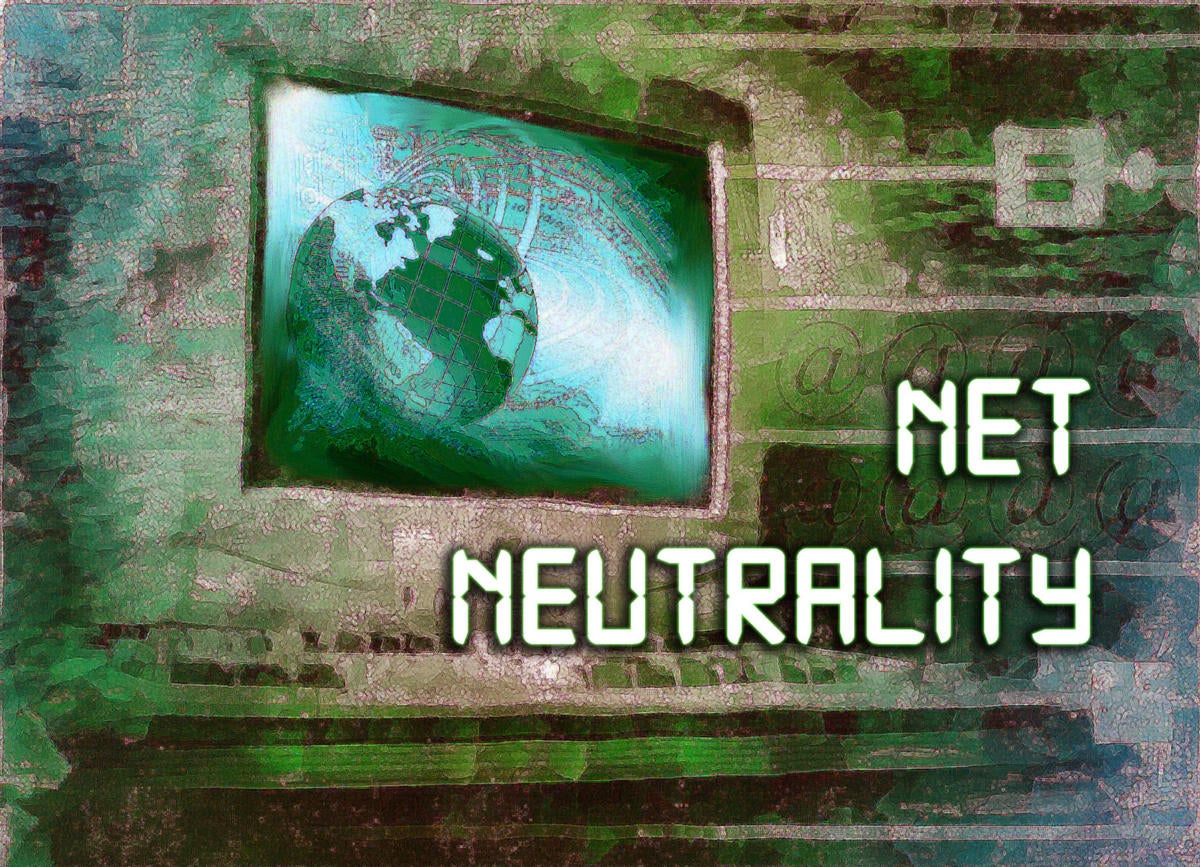A U.S. Federal Communications Commission proposal to scrap the foundation for its own 2015 net neutrality rules nevertheless asks for public comment on whether it should "keep, modify, or eliminate" basic protections.
FCC Chairman Ajit Pai's proposal, announced Wednesday, would remove the FCC's two-year-old classification of broadband as a broadly regulated, telecom-like service. But the text of the plan, released Thursday, suggests the FCC will consider retaining some rules prohibiting broadband providers from selectively blocking or slowing web-based content and services.
Still, it's unclear how serious the Republican-controlled FCC is about retaining such rules. The FCC, under Democratic control in 2015, passed its net neutrality regulations "despite virtually no quantifiable evidence of consumer harm," the proposal says.
During a press briefing Thursday, FCC officials said the goal of the proposal is to maintain a free and open internet, but they declined to comment on how that would happen if the agency decides to eliminate all net neutrality rules.
Supporters of the current strong rules say so-called Title II regulation of broadband as a common carrier provide the legal authority for FCC oversight of broadband providers. Without using Title II of the Telecommunications Act, it's unclear whether net neutrality rules are enforceable, they said.
Pai's plan would return broadband to the "light-touch regulatory framework first established on a bipartisan basis" under former Democratic President Bill Clinton, the proposal says. But heavy-handed regulations weren't needed to protect internet users back then because ISPs generally avoided blocking or slowing traffic, critics of strong rules say.
In addition to removing Title II regulations, Pai's proposal would eliminate a so-called general conduct rule policing future ISP actions not expressly prohibited in the rules. Some critics found the conduct rule confusing.
During its May 18 meeting, the FCC is scheduled to vote on whether to put out the proposal for public comment, the first step toward repealing the net neutrality rules.
Pai's proposal asserts that the regulation of broadband as a common carrier, a change from its earlier classification as a lightly regulated information service, hurt broadband investment.
The telecom-style regulations have "put at risk online investment and innovation, threatening the very open internet it purported to preserve," the proposal says. "Investment in broadband networks declined. Internet service providers have pulled back on plans to deploy new and upgraded infrastructure and services to consumers."
However, the rules' effect on investment is unclear, with little research so far suggesting a direct impact. Broadband providers spent US$76 billion to upgrade their networks in 2015, the second-highest total since 2001, although it was a slight decrease from 2014, according to USTelecom, a broadband trade group.
Separately, economist and Title II critic Hal Singer found a 5.6 percent decrease in broadband spending in 2016. But in recent quarterly earnings presentations, executives at AT&T, Comcast, and Verizon have all touted their network investments, and just this month, Verizon announced a US$1.05 billion deal to buy fiber from Corning.
Supporters of the rules have promised to flood the FCC with comments and protests in support of the strong regulations.
Pai's proposal "would take away the American people’s access to a free and open internet and give control to big corporations," Senator Brian Schatz, a Hawaii Democrat, said by email. "A free and open internet is essential to our democracy and our economy."






